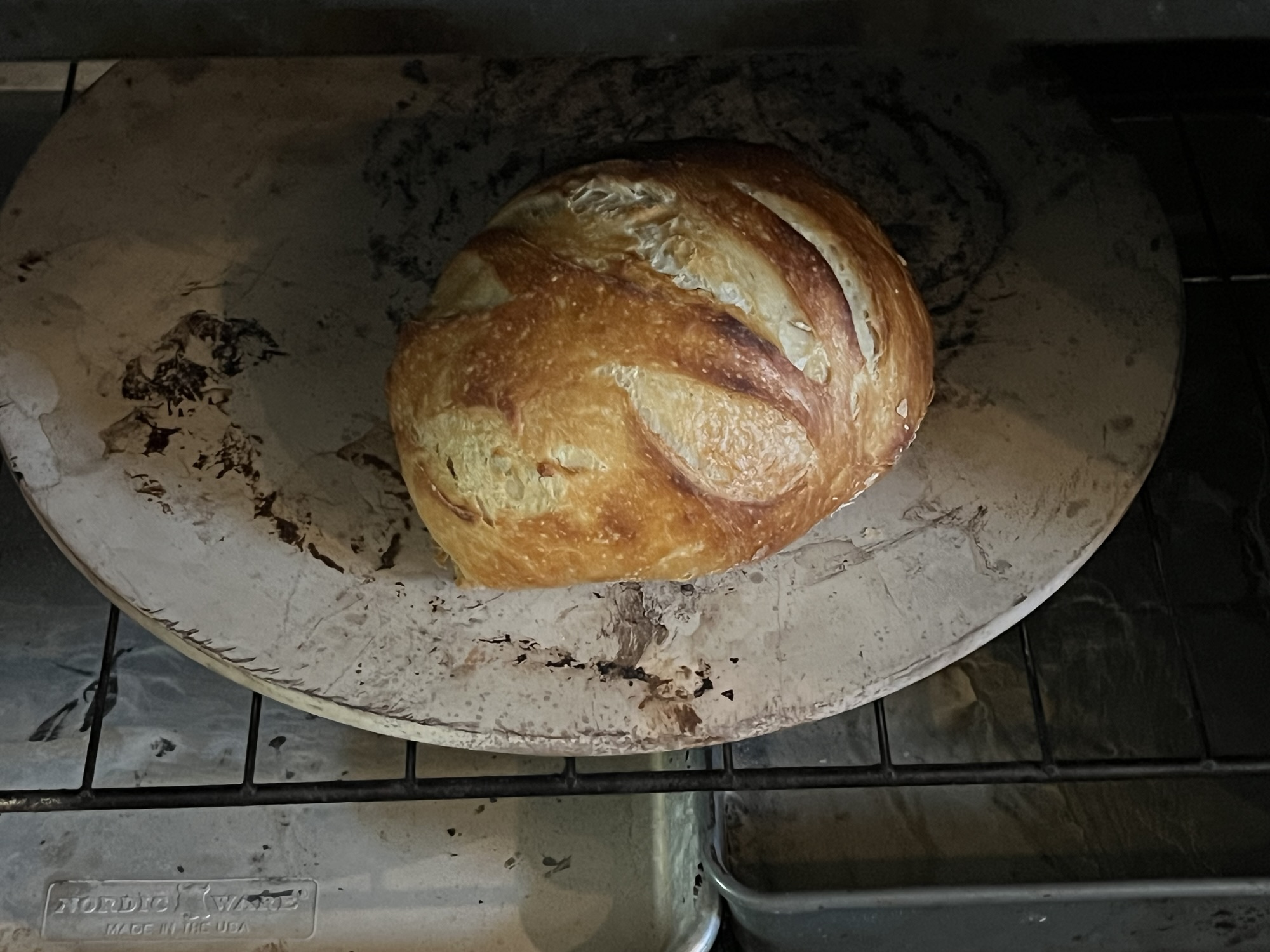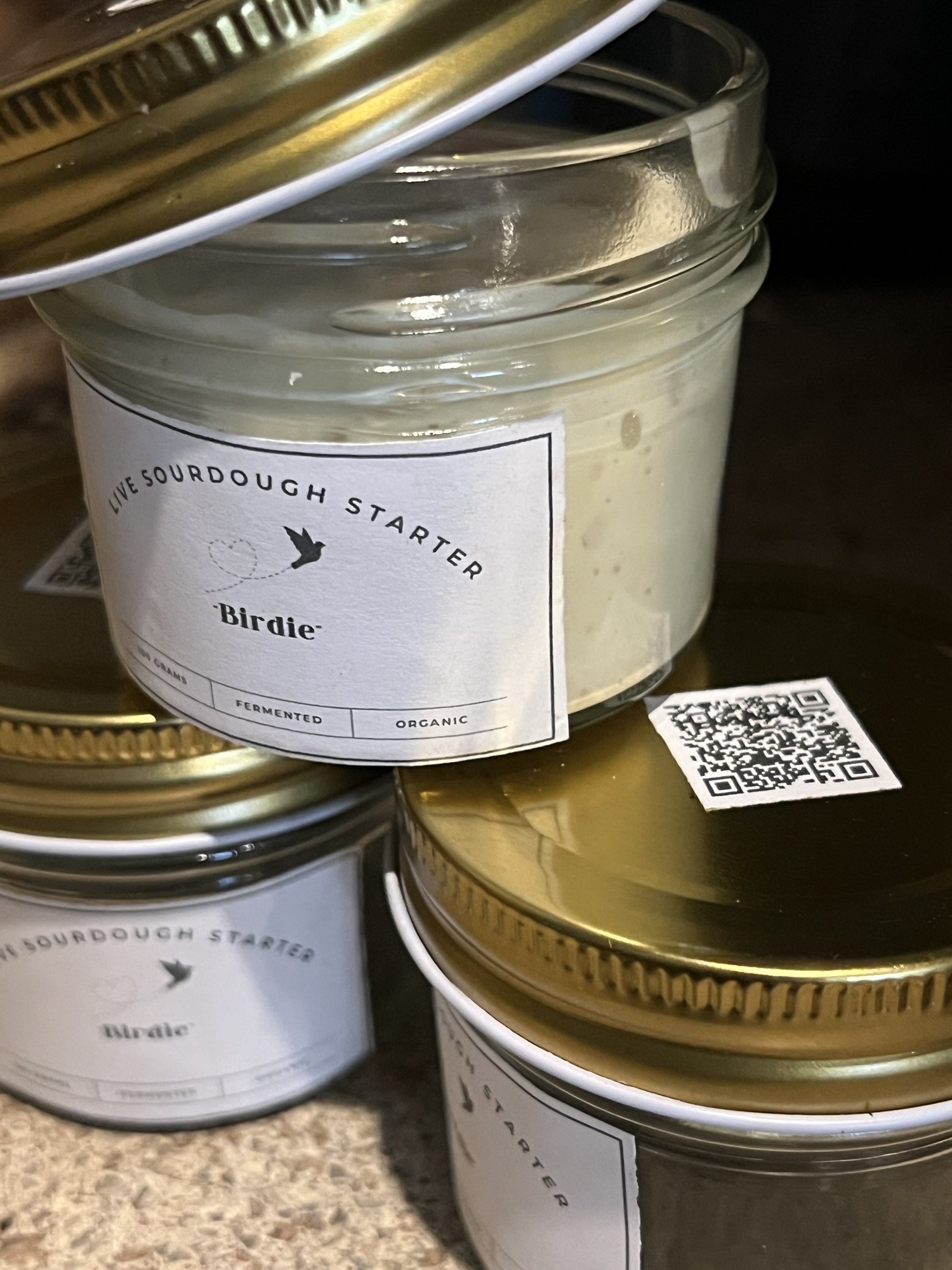Eggs are a versatile and nutritious food that many of us rely on daily. But when your hens are laying more eggs than you can consume, or if you’re preparing for times when fresh eggs might not be readily available, knowing how to preserve eggs can be invaluable. There are several tried-and-true methods for preserving eggs, each with its own benefits. Here’s a look at some of the most effective ways to keep eggs fresh and ready for use throughout the year.
Water-glassing
Water-glassing is an ancient technique that involves storing unwashed eggs in a solution of water and pickling lime (calcium hydroxide). This method seals the eggs’ shells, preventing bacteria from entering and moisture from escaping, effectively keeping the eggs fresh for an extended period.
How to Do It
- Combine one ounce of pickling lime with one quart of water. Stir until the lime is fully dissolved.
- Place fresh, unwashed eggs in a clean, non-metallic container and cover them completely with the lime solution. Seal the container and store it in a cool, dark place. The gallon containers work really well for bulk preservation.
Shelf Life: Water-glassed eggs can last up to 12-18 months when stored properly.
Best For: Long-term storage; baking and cooking where eggs will be fully cooked.
Freezing Eggs
Freezing eggs is one of the simplest and most effective ways to preserve them. While you can’t freeze eggs in their shells, you can freeze them after cracking and lightly beating them, or by separating the whites from the yolks.
How to Do It
- Crack eggs into a bowl, beat them lightly, and pour the mixture into an ice cube tray or silicone molds. Once frozen, transfer the cubes to a freezer-safe bag or container.
- Separate the whites from the yolks and freeze them in a similar manner.
- Yolks can be tricky to freeze as they may thicken or become gelatinous. To prevent this, beat the yolks with a pinch of salt or sugar before freezing.
Shelf Life: Frozen eggs can be stored for up to a year.
Best For: Baking, scrambled eggs, and recipes where the texture of the egg isn’t crucial.
Dehydrating Eggs
Dehydrating eggs involves drying them out to remove moisture, resulting in a powder that can be rehydrated when needed. This method is great for those looking to store eggs in a compact, long-lasting form.
How to Do It
- Start by scrambling the eggs in a pan.
- Place the cooked eggs on dehydrator trays and dry them at around 145°F (63°C) until they are completely dry and brittle.
- Once dry, grind the eggs into a fine powder using a food processor or blender.
- Store the powder in an airtight container in a cool, dark place.
Shelf Life: Dehydrated egg powder can last up to a year or more if stored properly.
Best For: Backpacking, emergency food supplies, and situations where space is limited.
Pickling Eggs
Pickling eggs is a flavorful way to preserve hard-boiled eggs. This method involves submerging hard-boiled eggs in a vinegar-based brine, often with added spices for flavor.
How to Do It
- Start by hard-boiling the eggs, then cool and peel them.
- Create a pickling brine by boiling vinegar, water, salt, and your choice of spices (such as dill, garlic, mustard seeds, etc.).
- Place the peeled eggs in a clean jar, cover them with the hot brine, seal the jar, and refrigerate.
- Let the eggs pickle for at least a week to develop flavor.
Shelf Life: Pickled eggs can last up to 3-4 months in the refrigerator.
Best For: Snacking, adding to salads, or as a tangy addition to meals.
Oil Coating
Coating eggs with oil is a simple method to extend their shelf life. The oil creates a barrier that helps retain moisture and blocks out bacteria, similar to the egg’s natural bloom.
How to Do It
- Use a food-safe oil such as mineral oil, coconut oil, or olive oil.
- Apply a thin layer of oil to clean, dry eggs using a cloth or your hands.
- Store the coated eggs in a cool, dry place, or refrigerate them for extended shelf life.
Shelf Life: Oiled eggs can last for several weeks at room temperature or up to a few months in the refrigerator.
Best For: Extending the freshness of eggs without refrigeration.
Curing with Salt
Curing eggs with salt is an ancient preservation technique that can be used to create salted egg yolks, which are a delicacy in many cultures. The process involves encasing the yolks in salt, which draws out moisture and preserves them.
How to Do It
- Carefully separate the yolks from the whites.
- Place a layer of salt in a dish, nestle the yolks in the salt, and then cover them completely with more salt. Refrigerate for about a week.
- After curing, gently rinse the yolks to remove excess salt and dry them in a warm, dry place.
Shelf Life: Salt-cured egg yolks can last several weeks when stored properly.
Best For: Grating over pasta, salads, or other dishes for a burst of umami flavor.
Preserving eggs can be a rewarding and practical way to ensure you have a steady supply of this essential ingredient, no matter the season. Whether you choose to water-glass, freeze, dehydrate, pickle, oil, or cure your eggs, each method offers unique benefits that can suit different needs and preferences. By mastering these preservation techniques, you can enjoy the convenience of having fresh-tasting eggs available year-round, while also reducing waste and making the most of your hen’s productivity.









